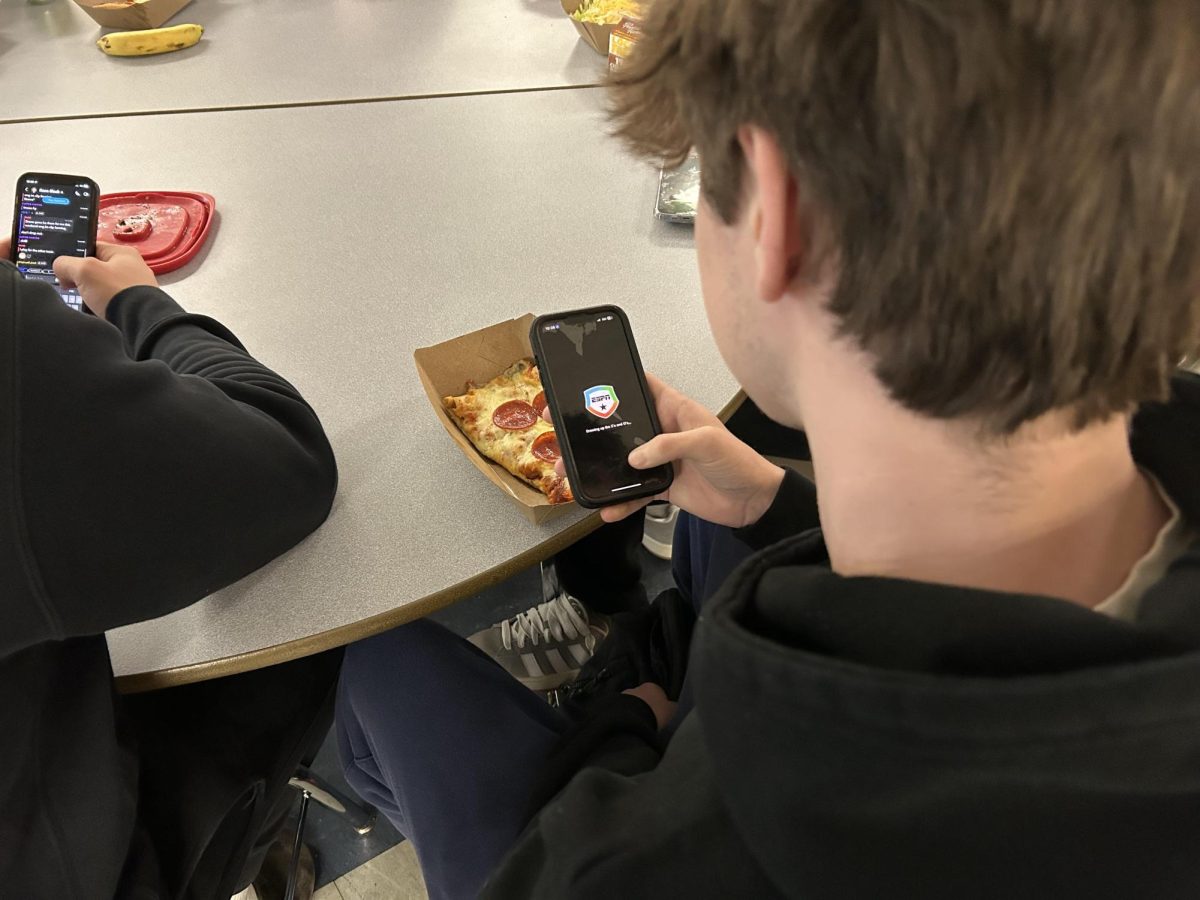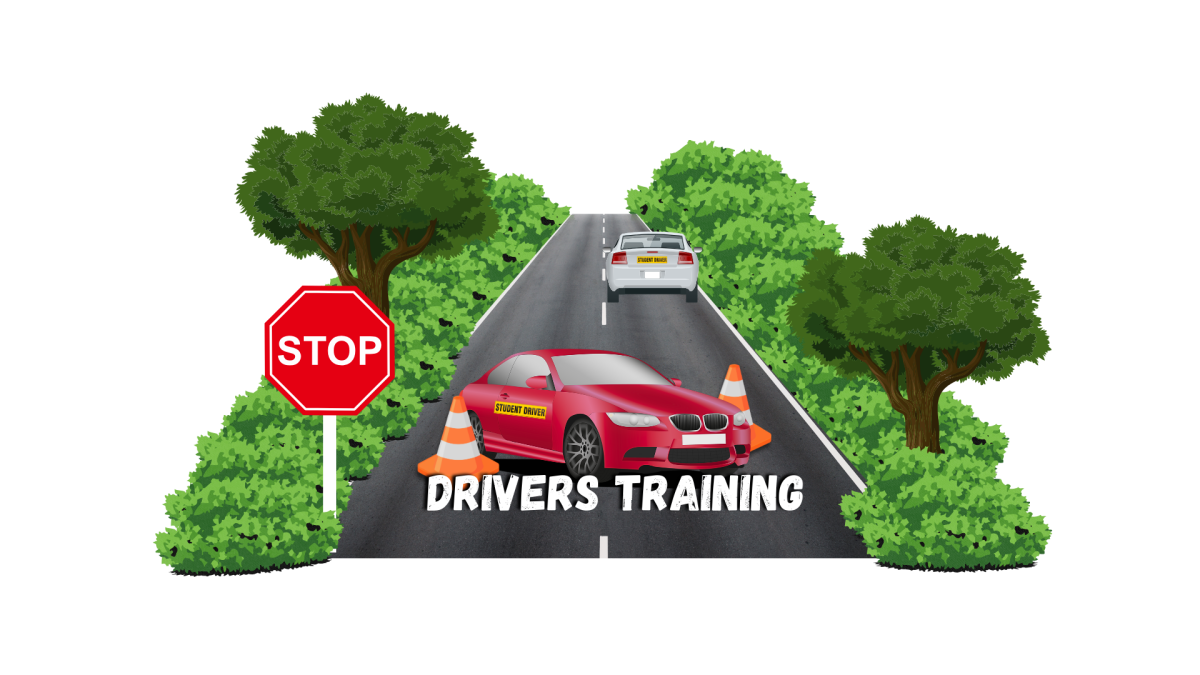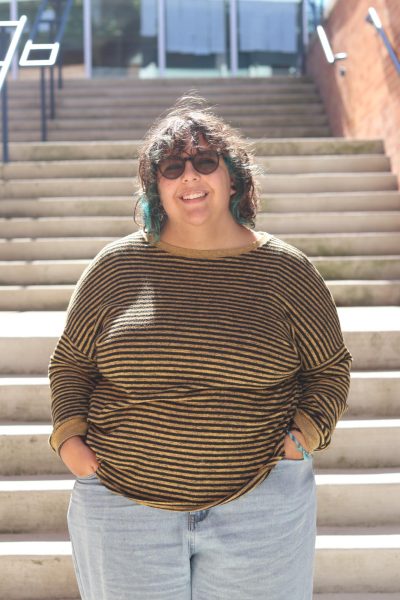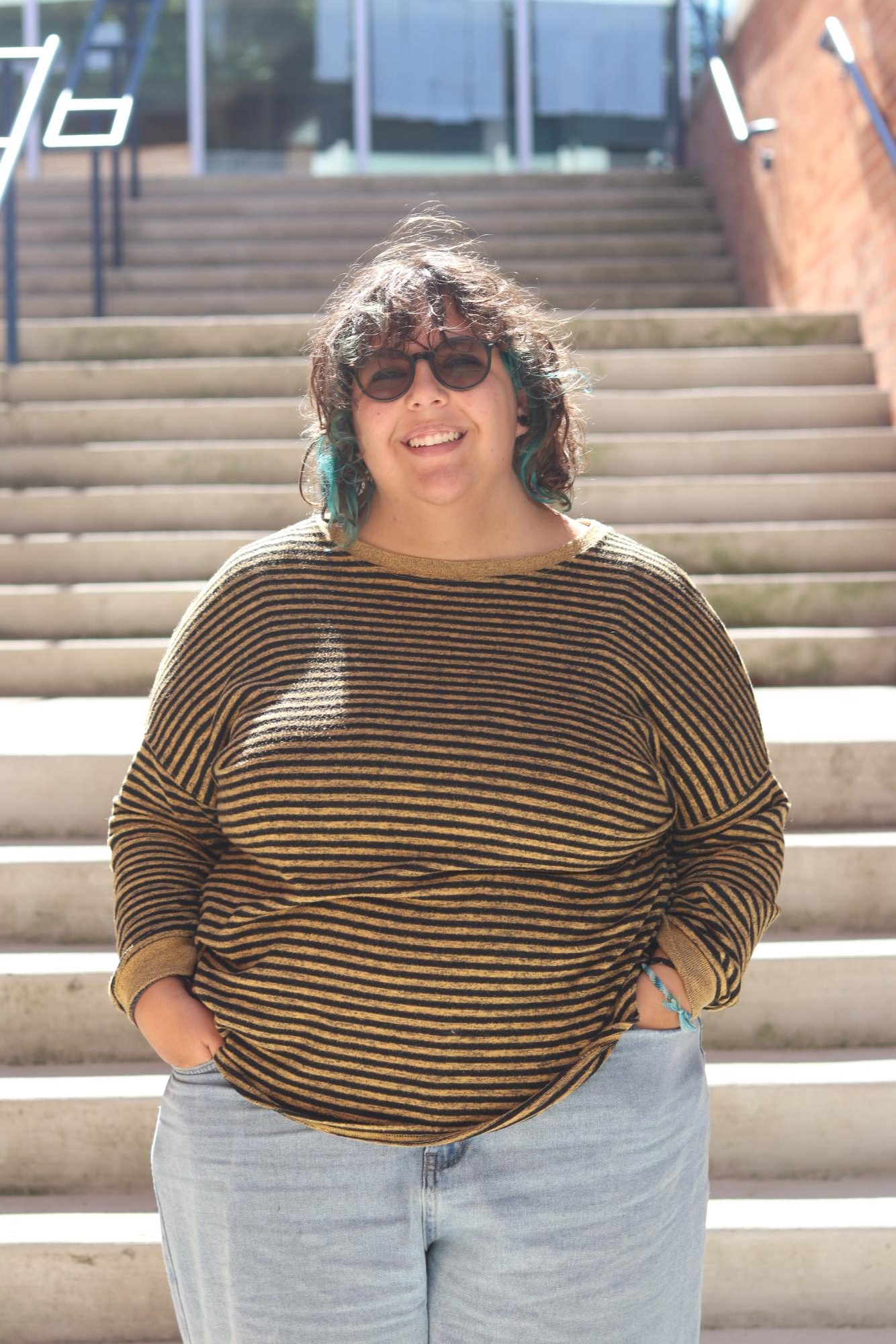 It’s Monday morning. You’re sitting in your first hour on the brink of falling asleep. The teacher is droning on about geometry, and you wonder if you’ll ever actually have to prove a triangle is a triangle.
It’s Monday morning. You’re sitting in your first hour on the brink of falling asleep. The teacher is droning on about geometry, and you wonder if you’ll ever actually have to prove a triangle is a triangle.
There are lots of classes like geometry: classes that teach important things like math, but that lack practicality or usefulness outside of the credit(s) they provide. In addition to the art, STEM, social studies, and English classes available, students want new classes that teach life skills and cover diverse topics.
One of the classes that students really want to see is American Sign Language (ASL). According to the Commission on the Deaf and Hard of Hearing around half a million people in the US know ASL.
Sophomore Aqua Schultz would be interested in taking an ASL class.
“ASL would be amazing as a language available. It would give those who are hearing the ability to communicate with hard of hearing (HOH) people easier, and would generally be a useful skill,” said Schultz.
Besides ASL, there’s been a lot of interest in adding new language classes. Another sophomore, Darby Patterson, wants to bring German back to Norrix.
“I know that from Loy Norrix’s history, the school had a German club back in 1960, and I think it would be very helpful to bring it back as a full class,” said Patterson.
Currently, French, Latin, Spanish and Mandarin classes are offered. While it seems like a good selection, that’s a pretty limited number of languages. According to usa.gov more than 350 languages are spoken in the US, the languages available to take are only 0.014% of that.
If students are required to have two language credits to graduate, there should be more options for them to choose from.
Other students have also expressed a desire for more classes focused on life skills, such as child care, cooking and home upkeep. All of these classes could help students after they graduate and not just during school. These classes may actually be most beneficial after graduation when a lot of people start becoming more independent and self-reliant.
Personal Finance Literacy, taught by Bradley Schmidt and Dyami Hernandez, has some really useful information, but it’s one of the few classes that teaches life skills. Budgeting, paying taxes, managing college payments and insurance are some of the very useful skills you can get out of the class.
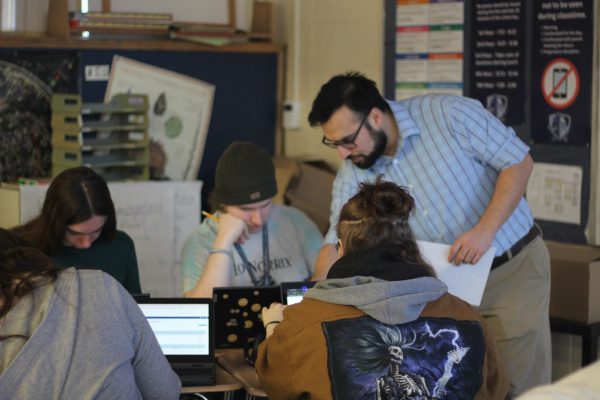
Senior Brian Treadwell wants classes that teach skills students will be able to use throughout a person’s life.
“No matter what you do as a career or in your free time, you will always need to know how to cook,” Treadwell continued, “and being able to fix appliances and take care of your home will always be helpful, so you could save money and time by doing things yourself.”
Currently, to learn about cooking or auto maintenance, you have to take a Career and Technical Education (CTE) class. CTEs are an effective way to teach students about cooking or auto maintenance, but the classes are somewhat inaccessible due to the registration process. You have to apply to take CTEs, and if you get accepted, you have to work the rest of your class schedule around this longer, typically off-site class.
A normal high school class in KPS lasts 70 minutes with five classes per day. CTEs take up two of those hours for the entire year, limiting what other classes a student can take. For instance, a student in a first and second hour CTE couldn’t take AP Government because that class is only available during first hour while a student in a fourth and fifth hour CTE couldn’t take band because it’s only available during fifth hour. The time commitment CTEs require limits what classes are available to students.
A class like cooking or auto maintenance should be available as a regular class because of the useful life skills they offer. Everyone has to eat and lots of people will own a car in their lifetime, so it makes sense to maximize the number of people who have access to those classes and thus those skills.
Child care would be a great class because of all the possible skill applications. It would prepare and inform students if/when they end up as parents or guardians. There are also work advantages: students who babysit or want to work with children in the future would have a more complete education about the skill and time requirements.
According to Parent Approved, only 23 states have an “academic standard” when it comes to childcare education. That’s less than half of the states in the US, even though every state has people who care for children.
According to Statista.com, 40.26% of American households have children under 18. WIth at least 40% of the population currently caring for children, it makes sense to prepare young people for that possibility in their futures. The American Red Cross offers babysitting classes and you’ll receive a certificate at the end of the course. Incorporating this into schools could be a great way to inform young people about child care.
Students also want more social studies and science classes. A class on Native American culture and history, criminal justice, oceanography, yoga and gardening have all been suggested by students.
The classes available at Norrix are pleasantly varied, but that doesn’t mean there shouldn’t be more.
Yoga, another physical education (PE) class would be great for getting a necessary PE credit. It provides movement and exercise for students while also promoting mental wellness. Yoga is also not as physically demanding as other exercises, making it more accessible for students who struggle with intense workouts because of something like a disability.
More advanced versions of current classes would be appreciated by students who want a more in-depth education. Students have shown interest in an advanced jewelry making class with harder, more complex projects.
Variety in education is always something to strive for. Giving students choice in what they want to learn will encourage them to learn more and enjoy what they are learning. It’s helpful for students to know about classic literature and basic biology, but that knowledge doesn’t have many day-to-day applications. Auto maintenance, child care and home education are all classes students will use in their lives and they deserve the opportunity to take them.



